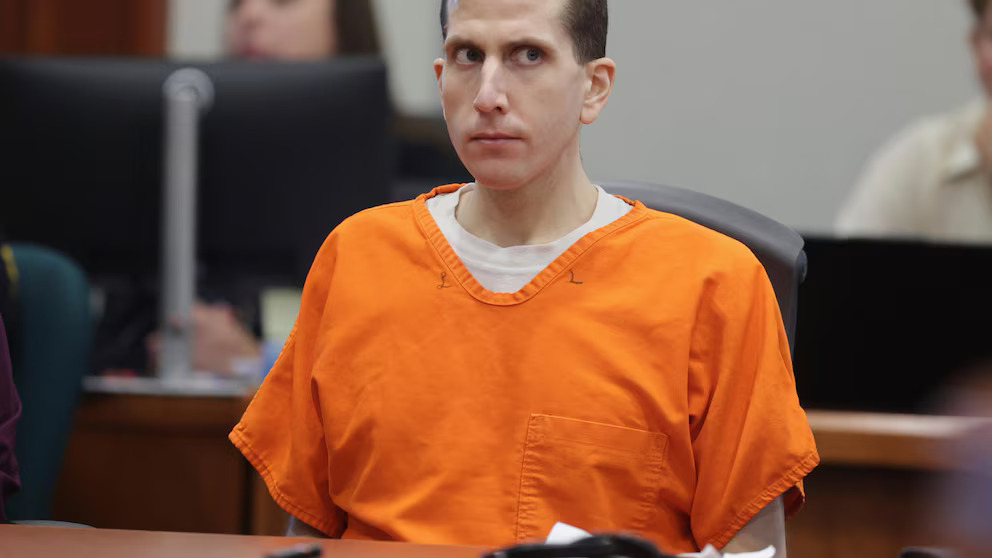
In an In a strong ruling that could potentially transform the current court fight over the issue of immigration policy in the United States, a federal judge in New Hampshire has again blocked the executive order of President Donald Trump that limits birthright citizenship-a few days after the U.S. Supreme Court tightened the criteria of use of nationwide injunctions.
Concord-based U.S. District Judge Joseph Laplante on Thursday determined that the controversial order issued by the president should not take effect because it would deny some U.S-born children citizenship.
He used the possibility of irreparable harm and also concurred with immigrant rights groups, that the legal challenge against the order could continue as a class action.
Citizenship alone is irreparable harm, said Judge Laplante in the court. and it is the highest honor that the world has.
The ruling is a significant but provisional triumph of immigrant families and law counsellors who have called the Trump order illegal and a menace to the principle of American birthright citizenship.
The Effect of Trump Executive Order
Executive order The executive order, signed on January 20, 2025, the first day that Trump returned to office, instructs federal agencies not to consider U.S. citizenship of babies born in the United States unless one of their parents is a U.S. citizen or legal permanent resident (green card holder).
Applied to all states, the policy would deprive citizenship to around 150,000 babies annually, or mostly children of undocumented immigrants or foreigners in the U.S. on a temporary or non-encouraged basis.
Critics say that the order is a direct violation of the 14th amendment of the U.S. constitution, which reads:
“Citizens of the United States are all persons, born or naturalized in the United States, and subject to the jurisdiction thereof…”
The Ruling of the Supreme Court Casts a Shadow
Only a few weeks ago, on June 27, the U.S. Supreme Court ruled by 6-3 decision where it became more difficult to grant nationwide injunctions by federal judges; this is a well-used legal tool because it stops the implementation of new federal policies.
The conservative majority did not go as far as to rule on the merits of Trump on the merits of his birthright citizenship order but it did restrict the scope of lower courts to enjoined presidential policies across the nation unless legal requirements were fulfilled.
However, the Supreme Court ruling left room to apply nationwide injunctions in class action cases which is precisely what Laplante did.
Having class certified the plaintiffs, non-citizens legally living or illegally residing in the U.S. who can have U.S.-born children, Judge Laplante could afford to enjoin the policy on a nationwide basis.
According to him, this specific case fit the criteria of nationwide relief due to the damage of depriving newborns of their citizenship would be impossible to measure and irreversible.
Advocates of Immigrants Welcomes Ruling
The ACLU, which is one of the main organizations that participated in the case, was quick to laud the decision as a necessary curb to spirited immigration initiatives undertaken by Trump.
A spokesperson of the group termed it as a massive moment to the immigrant families in the country. The decision today affirms what is written in the Constitution: that everyone born here is an American.

Lawyers defending the plaintiffs asserted that the nature of the class action was central to the ruling and speculated that the case would now be set as a significant test of how much the federal government can afford to engage in interpreting the constitutional rights by essentially rewriting its meaning.
Government Resists
Defending the order issued by Trump, the Justice Department has stated that the executive order does not contravene the Constitution and that the president has the right to determine who is subject to the jurisdiction of the United States.
They further objected to the class action status, adding that a wide-scale legal action would hamper immigration enforcement nationwide.
Judge Laplante stated after the ruling that he would provide a written opinion later that day and that he would not immediately enforce the ruling but would retain his decision on enforcement a few days to allow the Trump administration to appeal.
An appeal will then shortly follow, possibly returning the case back to the First Circuit Court of Appeals, and then, to the Supreme Court again.
What Is At Stake
The case is also about the basic question of who will be an American, which has come up many times since Trump entered the public limelight.
Ever since his first term in office Trump has been targeting the concept of birthright citizenship, referring to it as a magnet of illegal immigration and has attempted to redefine long established constitutional safeguards with executive power.
However, the decision of Thursday indicates that at least so far, the federal courts are not ready to concede to such an overarching change without legal battle.
The children born in the U.S., as it currently stands, still remain as U.S. citizens in spite of the fact whether their parents are immigrants or not. However, a case is still awaiting the appeal, and the Supreme Court is observing it keenly, so the future of birthright citizenship is soon going to be put to test once again.





